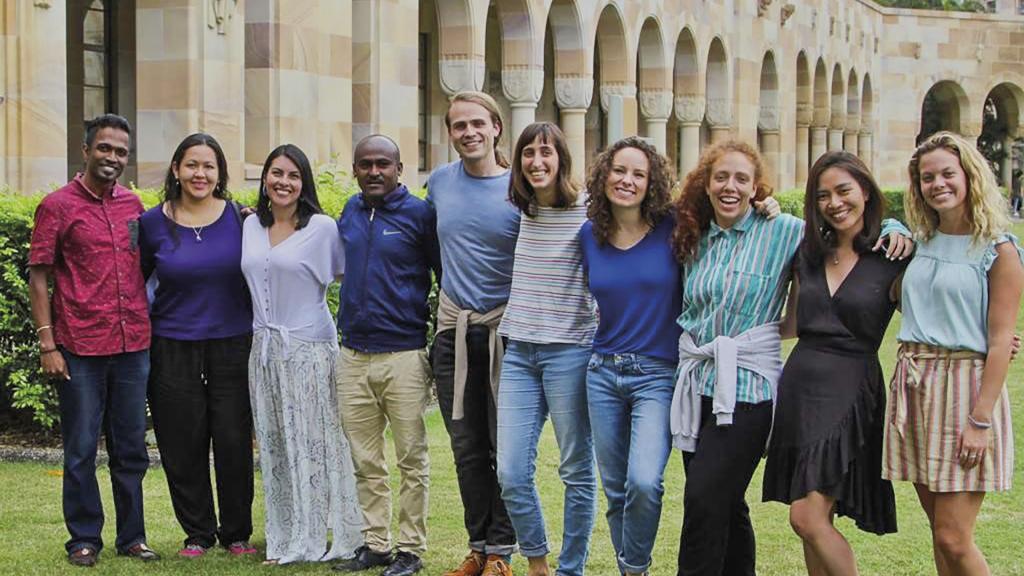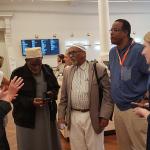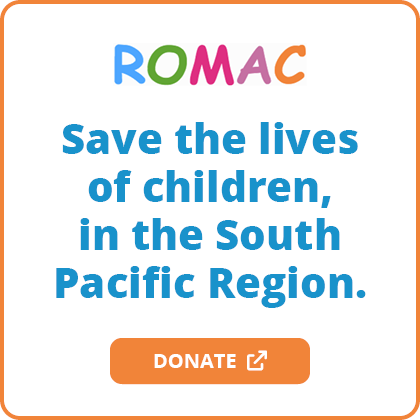Ecuadorian Peace Fellow welcomed at Bribie Island

By John Oxenford
International Director, Rotary Club of Bribie Island
Initiated in the early 2000s, more than 1500 students have since graduated from Rotary International’s Peace Fellow program, typically going on to have careers in community building and development, conflict resolution and policy development. It is challenging work, often undertaken in dangerous parts of the world.
The Rotary Club of Bribie Island, Qld, has been supporting this program at the University of Queensland by welcoming an incoming student each year on arrival, helping students find interim accommodation, and assisting with
community orientation.
“The Rotary Club of Bribie Island is proud to be associated with this most important initiative at UQ,” said club President Bernie Wilson. “The students we have hosted are just amazing and inspirational.”
Students from the 2020 intake came from Honduras, Singapore, Ecuador, Ethiopia, England, Israel, the US, Mexico and Vietnam. The club is hosting Belen Harb, who graduated from the University of Ecuador and has been working with children and youth at risk as a result of border conflicts in northern Ecuador. Last year wasn’t the easiest for students anywhere, and especially for students in this program. Many classes had to be taken online, and this prevented a lot of the class interaction, which forms a special part of this degree.
At the end of the first year of classes in the program, students are required to undertake a field assignment somewhere in the world. Bribie’s previous students have undertaken assignments as far away as Mexico, Jordan, and South Africa. But, due to travel restrictions this year, students cannot leave Australia.
Belen’s field assignment is with the United Nations Fund for Population Activities (UNFPA) in Colombia; an agency that aims to improve the reproductive and mental health of women worldwide. Belen’s group is working on mitigating gender-based violence due to factors such as armed conflict, migration, and COVID-19. It is all being done via the internet.
For further details of Rotary’s support for peace and conflict resolution, visit www.rotary.org/en/our-causes/promoting-peace
Related news
Dubbo West Community Carols by Candlelight
Celebrate the festive season at Dubbo’s Carols by Candlelight, promising fun, music and the big man himself.
Sanitation solutions in Sumba
By PDG John KevanRotary Club of Mandurah Districts, WA In East Sumba, where the financial capacity to support water and health requirements for villages in remote areas is severely limited, Fair Future Foundation has been successfully providing materials and training to enable villagers to build their water and sanitation facilities for more than 15 years. […]
Queanbeyan delivers U-Turn the Wheel pilot program
Throughout May, the Rotary Club of Queanbeyan, NSW, held the 2024 pilot program of U-Turn the Wheel (UTTW) at three local high schools in Queanbeyan – The Anglican School at Googong, Karabar High School, and Queanbeyan High School. Overall, approximately 125 students took part in the one-day program. Feedback from students and staff was positive, […]
Join our newsletter for the latest updates
"*" indicates required fields


